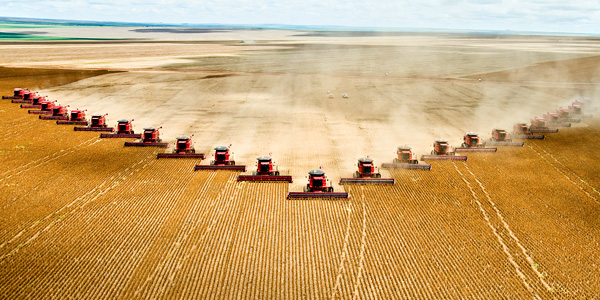It is no problem if the financial industry in the US faces demolition. It adds nothing to the real economy, it has grown to insane proportions due to the oil/credit system in which credit was created in order to purchase oil for domestic or foreign use, and hauling the products to the states.

Great shape to be in when starting to join second industrial (renewable) era
The producers should be shielded from the effects ot any bank failure. Especially those that are actually basic necessities for americans. It is the entanglement between real economic interests and financial interests that could be easily severed without any negative effects,except for the banks. The painfull truth is that fossiel fuel supply is controlled by the relationship between Wahington, Wallstreet and the Pentagon. Thier strategy is to keep going, like a marathon runner that lost it’s way. It means in the end the runner drops dead without having achieved anything.
Labour participation, ‘jobs’, have been a predictable victim of fossiel fuuel based automation and mechanization of manufacturing. The most essential activities require less and less work, so that people have less and less money to spend on stuff, and the population will ultimately be jobless and poor. This shows the economic framework has a fundamental flaw, which was nice to exploit for a while, but now makes it impossible for many people to get a fair share of the wealth, which considering their jobs have been made redundant, should be handed to them for free.
The desire to make every drop of oil go the longest and to create a vibrant society with lots of wealthy people has made it so that greed in the financial sector serves to increase ‘fuel efficiency’ per capita. But as the glut runs to an end this management turns malign, because as long as people blame themselves for not having income they can be eliminated and the fossil fuel carnaval (and eco-carnage) can continue for a bit longer. The party poopers what to keep gorging and drinking, even if it is on the flesh and blood of the other guests.
The right answer to this is to create a new financial structure that will be independent of the current one. This one will a renewable energy/credit system that assigns renewable energy resources to industry. Any fossil reserves that are under sovereign control of the US should be used to create as much renewable energy production capacity as possible, and all this capacity should be under the control of the renewable energy bank, so that credit can be extended for it’s use.
Renewable energy credit is different (corrected) from oil/credit because it does NOT presist in the accounts of the energy supplier. The problem of spend oil/credit is currently solved by putting money in accounts with interest, but fiat currency is not meant to be stored or saved, and energy/credit gives the right to use energy, not the right to own it.
There will be no payment for the fossil resources. The oil/credit system has to die. Best thing to do is to abolish it in a legal move, oil, gas, coal can (in the interim) only be used for essential activities and creation renewable energy sources. The workers can be paid in renewable credits.
This is how the ‘Second Industrial Age’ will start. It will be an age in which we have industry replacing labour, but not creating poverty. An industry that does not make all money flow to the private energy providers, making it impossible to escape the lobby and influence of greed which gradually corrupts all only to increaingly serve a mindess machine. Right now humans are asked to compete with robots, an obvious losing proposition.
Let the runner collase. In reality the US debt has junk status. It’s debt represents burned oil, it can not be repaid. The money was loaned into existence based on an asset that was incinerated. How is the debtor going to repay? Modern consumers are by definition incapable of returning the favor, they consume, they are the destructors at the end of the oil/credit powered automatic production lines. So the US debt is meaningless, and the power to extort by the ‘systemic’ banks is nothing more than an attempt to keep the oil/credit system going using the misunderstanding of those that separate money and oil in our unaknowledged robo-economy.





